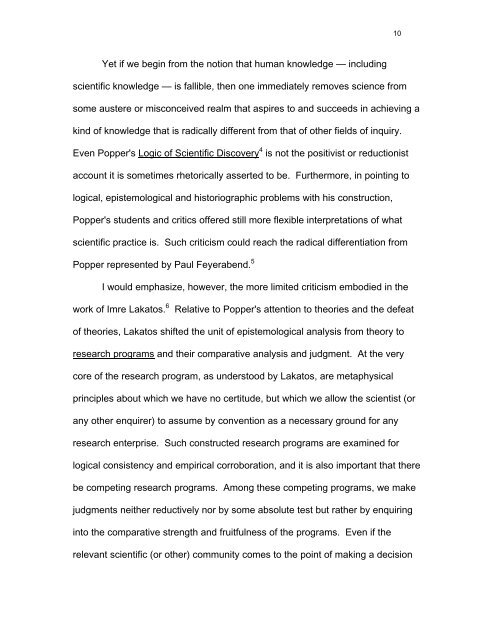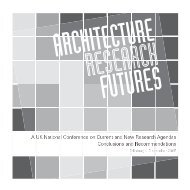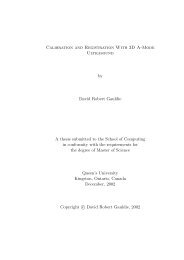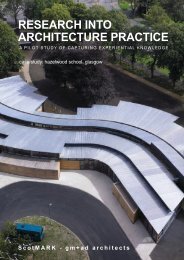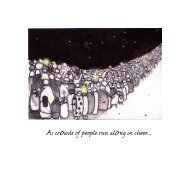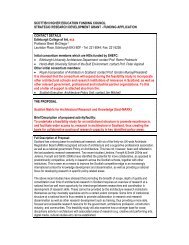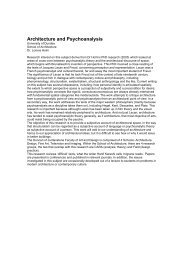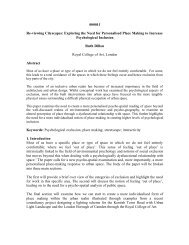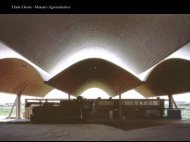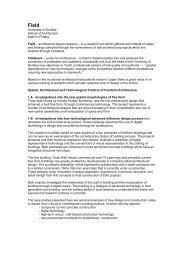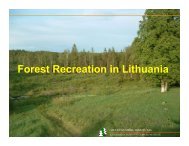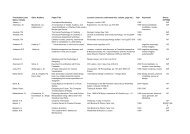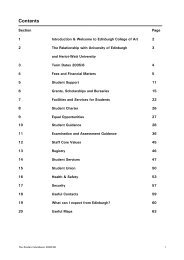33 kb PDF - Edinburgh College of Art
33 kb PDF - Edinburgh College of Art
33 kb PDF - Edinburgh College of Art
You also want an ePaper? Increase the reach of your titles
YUMPU automatically turns print PDFs into web optimized ePapers that Google loves.
10<br />
Yet if we begin from the notion that human knowledge — including<br />
scientific knowledge — is fallible, then one immediately removes science from<br />
some austere or misconceived realm that aspires to and succeeds in achieving a<br />
kind <strong>of</strong> knowledge that is radically different from that <strong>of</strong> other fields <strong>of</strong> inquiry.<br />
Even Popper's Logic <strong>of</strong> Scientific Discovery 4 is not the positivist or reductionist<br />
account it is sometimes rhetorically asserted to be. Furthermore, in pointing to<br />
logical, epistemological and historiographic problems with his construction,<br />
Popper's students and critics <strong>of</strong>fered still more flexible interpretations <strong>of</strong> what<br />
scientific practice is. Such criticism could reach the radical differentiation from<br />
Popper represented by Paul Feyerabend. 5<br />
I would emphasize, however, the more limited criticism embodied in the<br />
work <strong>of</strong> Imre Lakatos. 6<br />
Relative to Popper's attention to theories and the defeat<br />
<strong>of</strong> theories, Lakatos shifted the unit <strong>of</strong> epistemological analysis from theory to<br />
research programs and their comparative analysis and judgment. At the very<br />
core <strong>of</strong> the research program, as understood by Lakatos, are metaphysical<br />
principles about which we have no certitude, but which we allow the scientist (or<br />
any other enquirer) to assume by convention as a necessary ground for any<br />
research enterprise. Such constructed research programs are examined for<br />
logical consistency and empirical corroboration, and it is also important that there<br />
be competing research programs. Among these competing programs, we make<br />
judgments neither reductively nor by some absolute test but rather by enquiring<br />
into the comparative strength and fruitfulness <strong>of</strong> the programs. Even if the<br />
relevant scientific (or other) community comes to the point <strong>of</strong> making a decision


